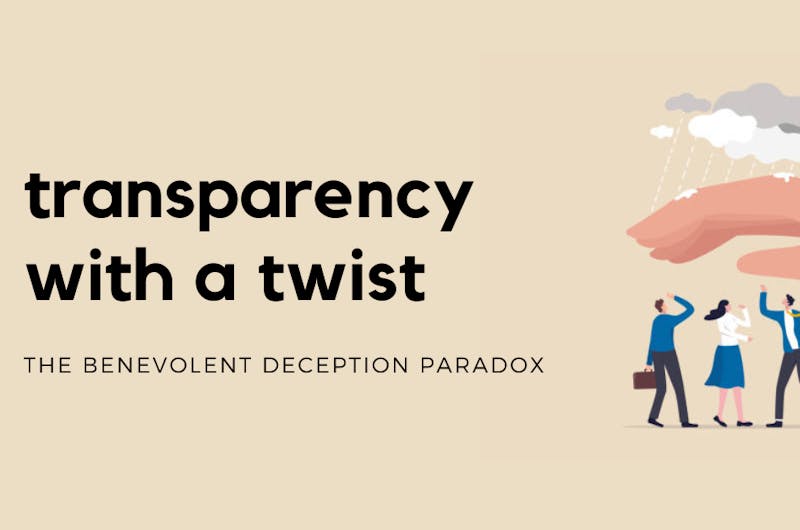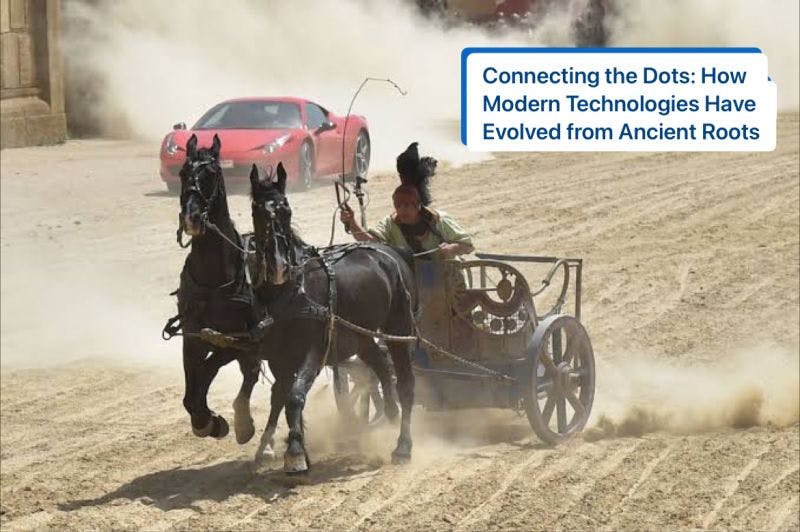In the modern world of decision-making, you often stumble upon situations that makes you question the fine line between transparency and compassion. Well there is a term for this - "𝗕𝗲𝗻𝗲𝘃𝗼𝗹𝗲𝗻𝘁 𝗗𝗲𝗰𝗲𝗽𝘁𝗶𝗼𝗻"
It is basically the idea of withholding or distorting information with the intention of protecting the people you care for from harm or discomfort. For example, a doctor telling a very sick patient that they'll get better, even if that's not likely, to make the patient feel more hopeful and less scared.
or the CEO of a startup in crisis, may reassure the team of a solid recovery plan, even when the situation is dire, to boost morale and motivation. This whole deception as a concept has its fair share of ups and downs:
The ups 😇
1️⃣ 𝗣𝗿𝗼𝘁𝗲𝗰𝘁𝗶𝗻𝗴 𝗳𝗲𝗲𝗹𝗶𝗻𝗴𝘀: truth sometimes can be emotionally crushing. Benevolent deception can shield people you care for from unnecessary pain, preserving their morale and mental well-being.
2️⃣ 𝗖𝗼𝗻𝗳𝗶𝗱𝗲𝗻𝘁𝗶𝗮𝗹𝗶𝘁𝘆: in situations where diving into all the facts is not possible, benevolent deception can help maintain trust and protect sensitive information.
3️⃣ 𝗡𝘂𝗿𝘁𝘂𝗿𝗶𝗻𝗴 𝗵𝗼𝗽𝗲: by sugar-coating certain realities, you can inspire your teams and keep them motivated in the time of hard situations.
The downs 😓
1️⃣ 𝗧𝗿𝘂𝘁𝗵 𝗲𝘃𝗮𝘀𝗶𝗼𝗻: it's tricky because there's a super thin line between not revealing the complete truth and misleading/avoiding the truth entirely which can lead to misunderstanding and wrong decision making.
2️⃣ 𝗘𝘃𝗼𝗹𝘃𝗲𝗺𝗲𝗻𝘁: shielding people from uncomfortable truths might hinder their progression by not giving them valuable learning experiences, fostering false confidence, and potentially causing stagnation too sometimes.
3️⃣ 𝗘𝗿𝗼𝗱𝗶𝗻𝗴 𝘁𝗿𝘂𝘀𝘁: it can can damage trust when the truth eventually surfaces. People may then become skeptical and lose their trust, feeling let down.
Here is my personal reflection of the whole concept from experiences:
There is no straightforward answer here and it's always going to be a delicate balancing act, a constant challenge of weighing the potential consequences, the impact on relationships, and the emotional well-being of those involved. I've realized the importance to have honest conversations & build trust with others because it's crucial to know when keeping information to protect someone is a kind act and when it could turn into a well-meaning but mistaken way of avoiding the truth.
TL;DR - it is a nuanced concept that has taught me the importance of empathy and thoughtful communication.
To Tell or Not To Tell? The Benevolent deception




